If you’re wondering, “Do capybaras eat mushrooms?” you’re not alone. As the world’s largest rodents, these semi-aquatic cuties have a unique diet that keeps them healthy and thriving. But when it comes to mushrooms, things get a bit tricky. Are mushrooms part of their menu, or are they better off left in the forest? Let’s dive deep into this topic together.
Capybara Diet 101: What Do They Usually Eat?
Before we tackle the mushroom question, let’s get one thing straight: capybaras are herbivores, and their diet is centered on plant-based foods.
Imagine this: you’re a capybara chilling by a river in South America. What’s on the menu? Here’s what these adorable animals munch on:
Everyday Staples of a Capybara’s Diet:
- Grasses
Grasses are a capybara’s bread and butter—literally their everything bagel. They make up around 80% of their diet, especially during the rainy season when vegetation is lush. Fun fact: capybaras’ teeth grow continuously, and all that chewing helps keep them in check. - Aquatic Plants
Living near water has its perks. Capybaras love snacking on aquatic plants like water hyacinth. These plants are rich in fiber and are easy to find when grass is scarce. - Fruits and Vegetables
While not their mainstay, capybaras enjoy a little variety. They’ll nibble on melons, squashes, or even corn when the opportunity arises. - Bark and Twigs
When food is scarce, capybaras go resourceful. They’ll chew on bark and twigs, especially during the dry season.
So, Where Do Mushrooms Fit In?
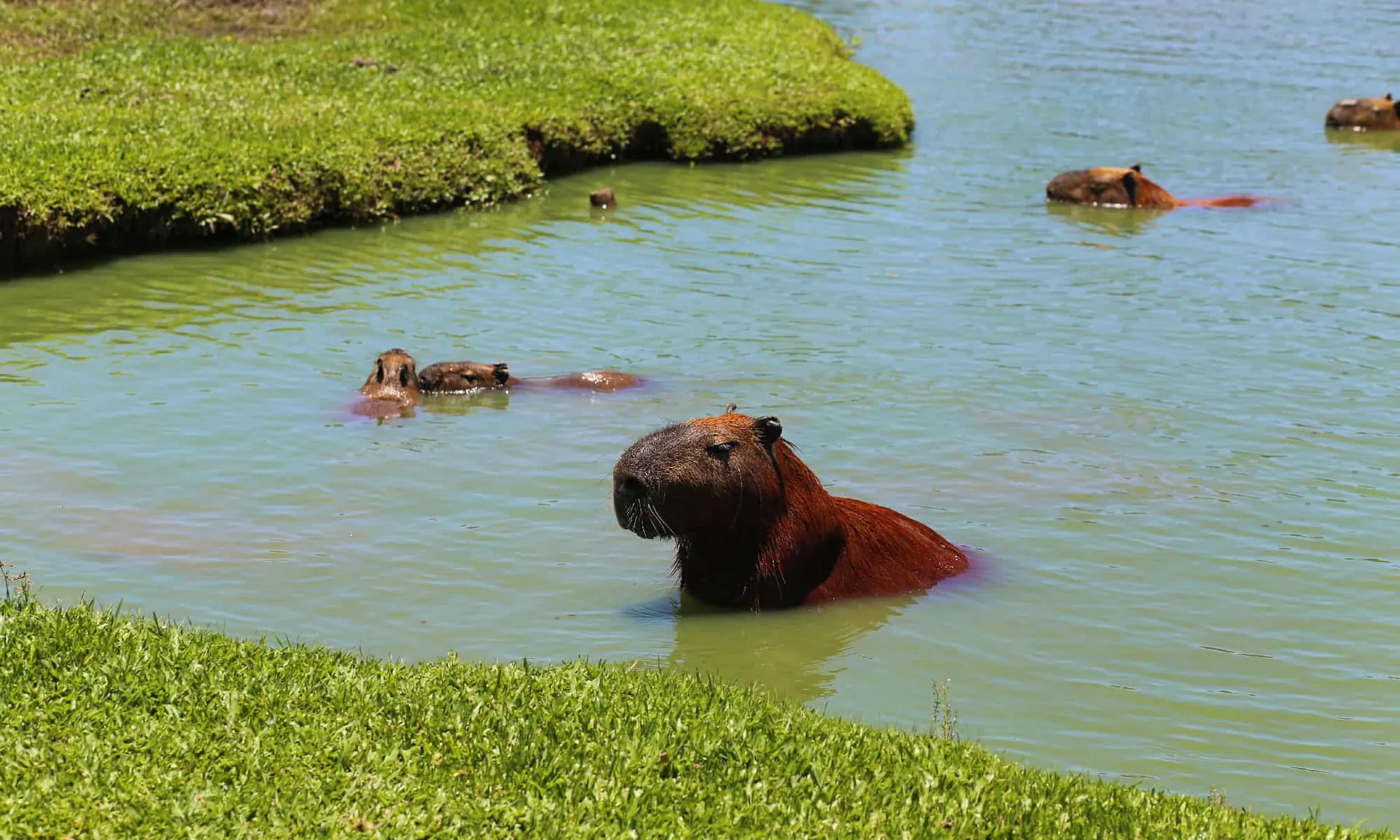
Now that you know their dietary staples, let’s address the big question: do capybaras eat mushrooms?
The Short Answer:
No, mushrooms are not a regular part of a capybara’s diet. While they might accidentally nibble on a mushroom while grazing, they don’t actively seek them out.
Why Don’t Capybaras Eat Mushrooms?

- Natural Preference for Fiber-Rich Foods
Capybaras’ digestive systems are built for processing fibrous plant material. Mushrooms don’t offer the same fiber content or nutrients as grasses and aquatic plants. - Risk of Toxicity
Mushrooms in the wild can be a mixed bag—some are edible, but many are toxic. Capybaras don’t have the ability to identify safe mushrooms, so avoiding them altogether might be an evolutionary safeguard. - Availability
Mushrooms aren’t as readily available as the plants capybaras are accustomed to eating. Plus, fungi often grow in shady, forested areas, while capybaras stick to grassy plains and wetlands.
Mushrooms and Captive Capybaras
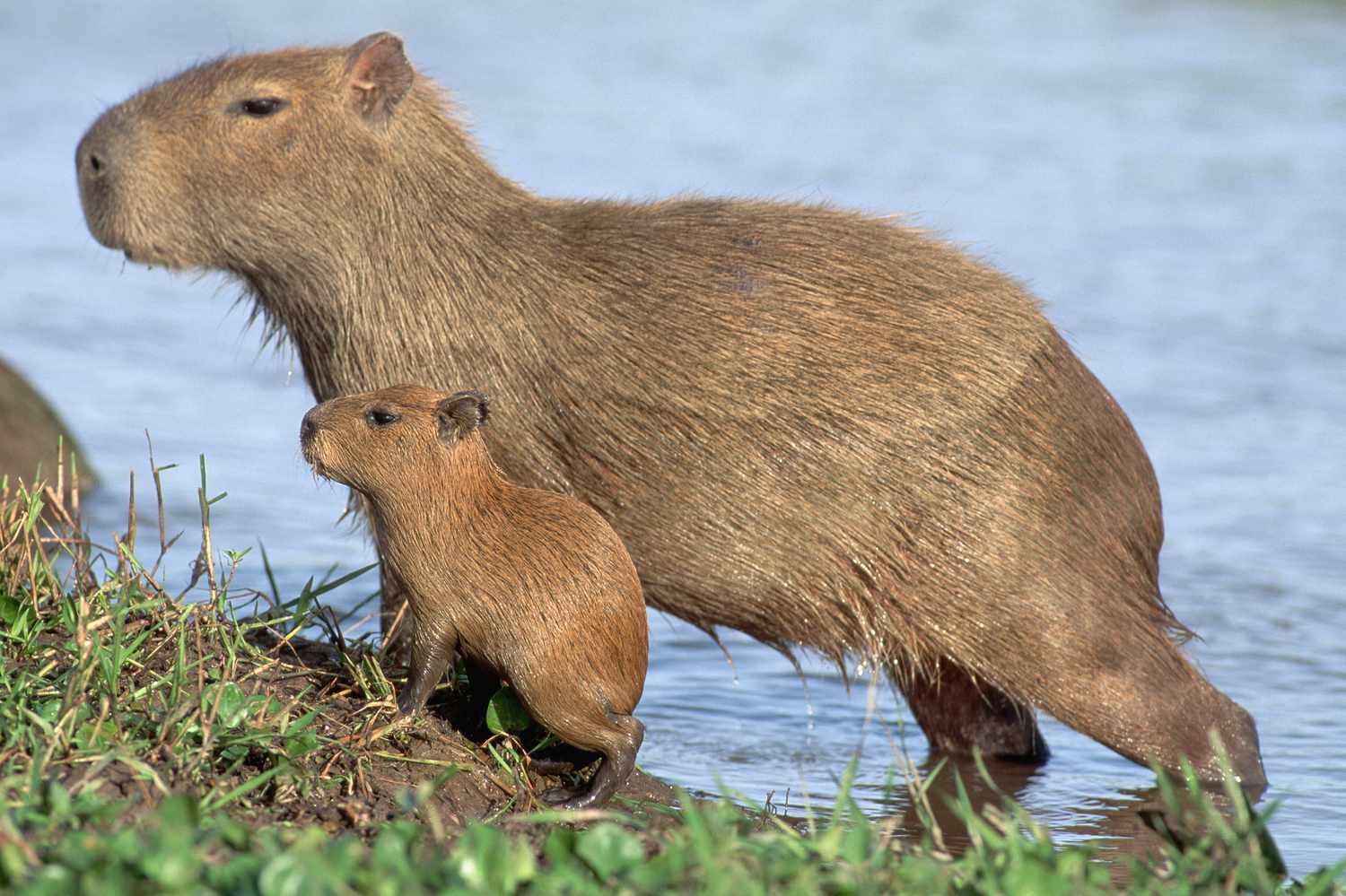
What about pet or zoo-kept capybaras? Can they eat mushrooms safely? Here’s the deal:
Feeding Mushrooms to Captive Capybaras: Proceed with Caution
If you’re caring for a capybara and wondering if a mushroom treat is okay, follow these guidelines:
- Stick to Their Natural Diet: Hay, fresh greens, and vegetables are always the safest and healthiest choices.
- Avoid Wild Mushrooms: The risk of poisoning is too high to gamble on unverified mushrooms.
- Consult a Vet First: If you’re determined to try mushrooms (like button mushrooms from the grocery store), talk to an exotic animal vet first.
Real Questions People Have About Capybara Diets (FAQs)
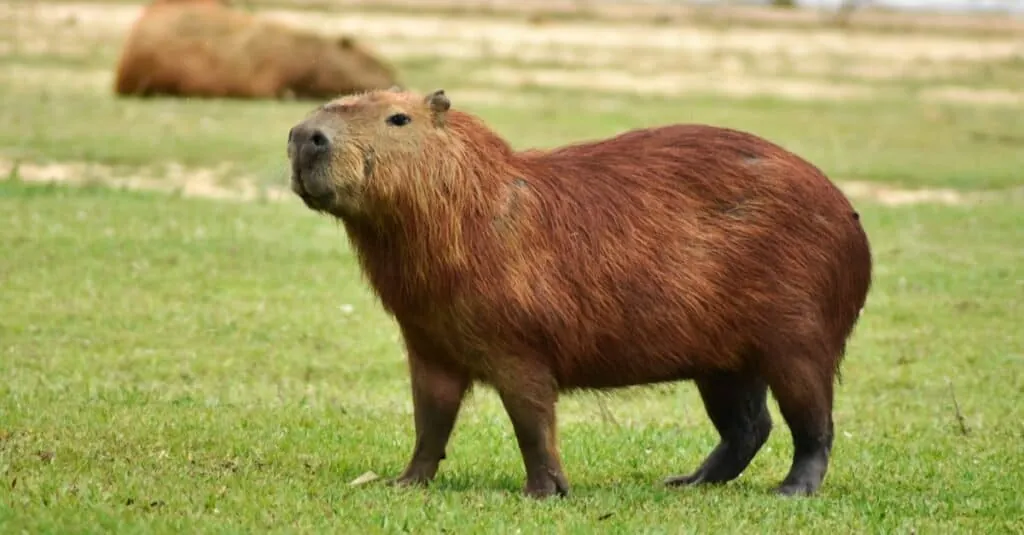
1. Can capybaras eat bananas?
Yes, but only as a treat! Bananas are high in sugar, so they should be given sparingly to prevent health issues.
2. What foods are dangerous for capybaras?
Avoid foods like processed snacks, chocolate, and anything treated with pesticides. Also, skip high-fat and high-sugar items.
3. Do capybaras eat meat?
Nope! Capybaras are strict herbivores and don’t have the digestive system to handle meat.
4. Is Vitamin C important for capybaras?
Absolutely! Capybaras, like guinea pigs, can’t produce Vitamin C naturally. Providing them with Vitamin C-rich foods or supplements is essential.
5. What happens if a capybara eats a toxic mushroom?
Toxic mushrooms can lead to symptoms like vomiting, diarrhea, or even death. If you suspect a capybara has eaten a harmful mushroom, contact a vet immediately.
Why This Matters: Capybara Health and Happiness
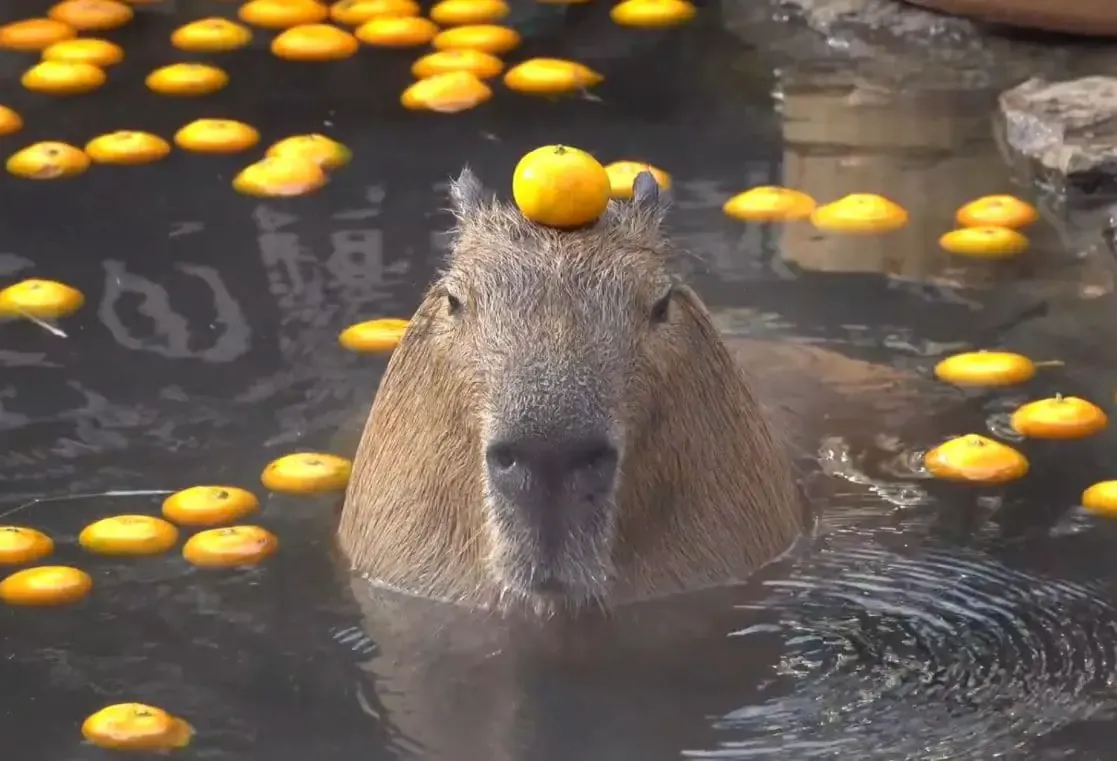
As a capybara caretaker (or just a curious enthusiast), understanding their dietary needs is key. Their health depends on a balanced, species-appropriate diet. While the idea of feeding them mushrooms might seem fun, it’s better to stick with foods that mimic their natural diet.
Here’s what you should focus on:
Capybara Diet Do’s:
- Fresh Hay: Timothy, orchard grass, or alfalfa.
- Leafy Greens: Kale, romaine, and bok choy.
- Vegetables: Carrots, sweet potatoes, or zucchini.
- Aquatic Plants: Water lettuce or hyacinth (if safe and pesticide-free).
Capybara Diet Don’ts:
- Toxic Plants: Rhubarb, avocado, or wild mushrooms.
- Processed Foods: Bread, chips, or sugary snacks.
- Unknown Mushrooms: Always avoid wild fungi.
What Can We Learn From Capybaras?
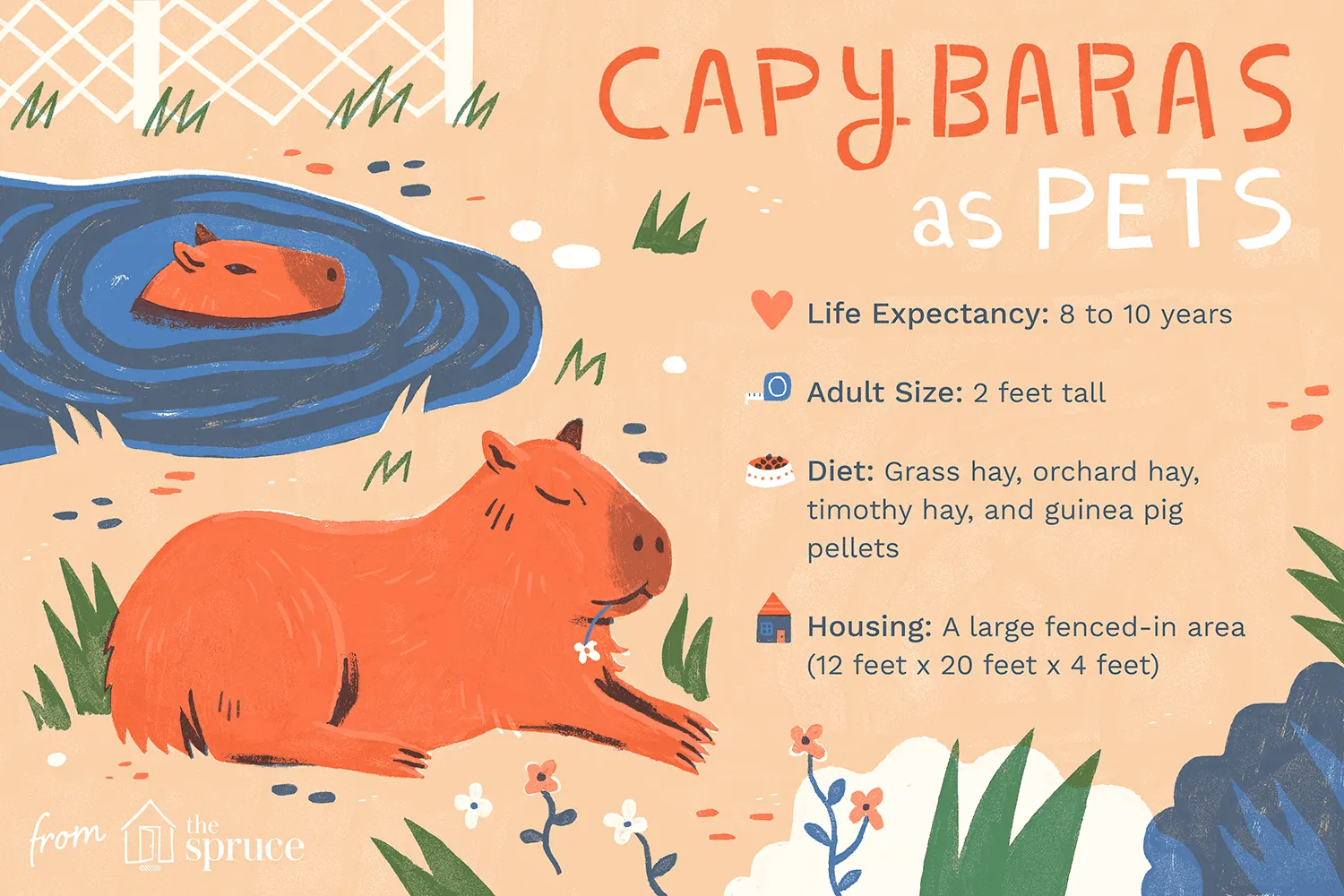
Capybaras remind us of the beauty of simplicity. Their diet isn’t flashy or complicated—it’s all about consistency, fiber, and natural foods. While mushrooms might seem like a trendy option, they’re just not a good fit for these adorable grazers.
So, the next time you’re sitting by the water, watching capybaras chew happily on grass, you’ll know one thing for sure: mushrooms might be cool, but they’re not capybara-approved.
Final Thoughts: Should You Feed Mushrooms to Capybaras?
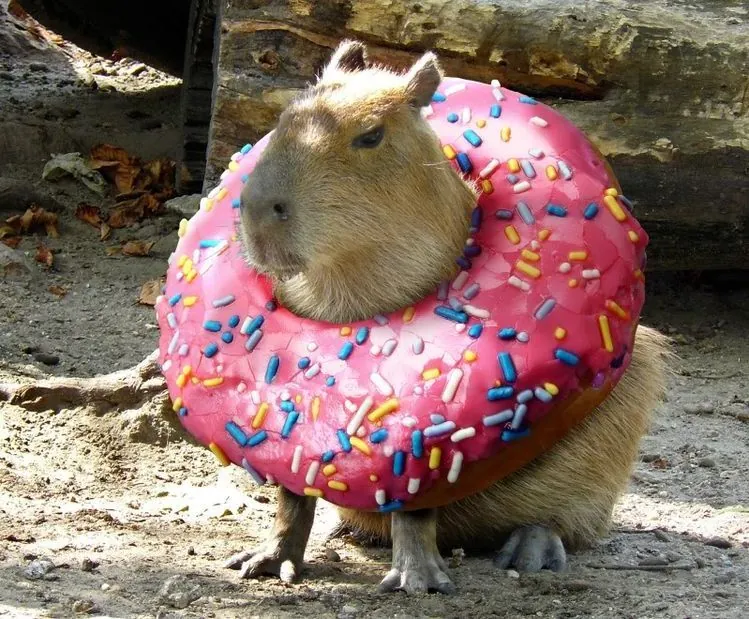
Let’s wrap this up. If you’re asking, “Do capybaras eat mushrooms?” the answer is pretty straightforward: no, not really. Whether in the wild or in captivity, mushrooms don’t offer much value to their diet and can even be dangerous.
Stick to their herbivorous roots with grasses, veggies, and occasional fruit treats. That’s the recipe for a happy, healthy capybara!
Did this answer your question? If you want to learn more about capybara diets or how to care for these gentle giants, check out our other guides.

